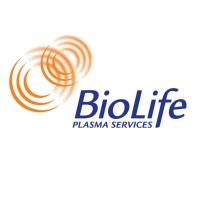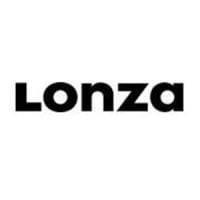
BioLife Plasma Services
Every day at BioLife, we feel good knowing that what we do helps improve the lives of patients with rare diseases. While you focus on our donors, we’ll support you. We offer a purpose you can believe in, a team you can count on, opportunities for career growth, and a comprehensive benefits program, all in a fast-paced, friendly environment.






